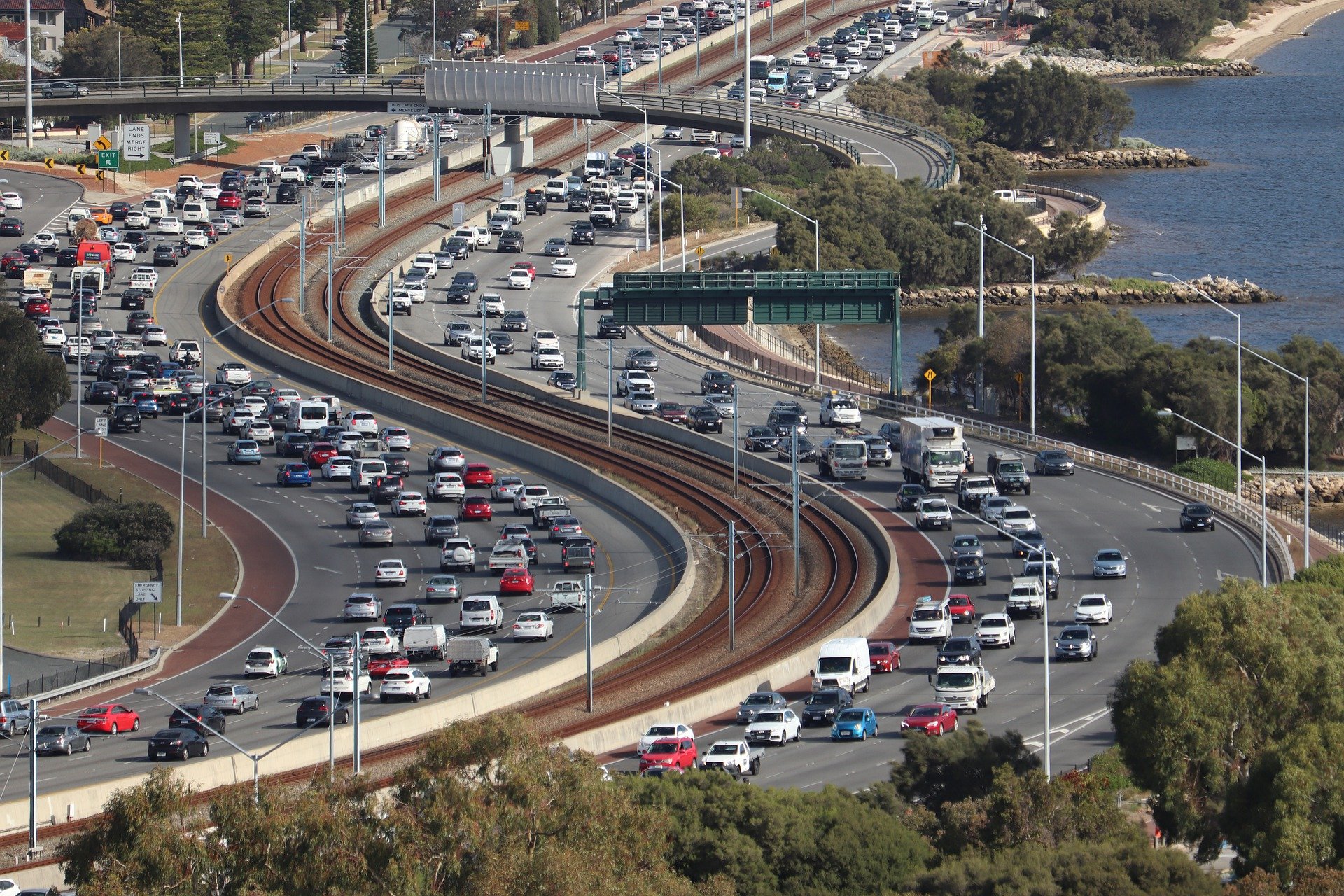Electric vehicle imports accelerate as New Zealanders
Kirikiriroa - The latest data from the Energy Efficiency and Conservation Authority (ECCA) shows electric vehicles are increasingly becoming the vehicle of choice in Aotearoa.
Nearly half of people EECA has surveyed shows people are likely to consider a hybrid or EV for their next vehicle purchase.
As the number of electric vehicles in New Zealand grows, there is a need to expand the country’s charging infrastructure and to ensure there’s enough capacity in the electricity system to cope with home charging.
Installation of smart EV chargers in homes has the potential to improve energy outcomes, but most EV drivers use the three-pin cable supplied with their car.
EV chargers will use the most energy of any appliance in the household, making this important to get right at what is still a relatively early stage of EV adoption.
New Zealand's electricity demand is expected to increase significantly, as the country phases out fossil fuels and increasingly moves to renewable electricity.
Journey charging, to support longer road trips, is another key component in the future of EV charging infrastructure.
Meanwhile, decarbonising New Zealand’s heavy transport fleet poses extra challenges compared to light transport.
EECA has been supporting trials of new-to-New Zealand technologies to help businesses understand the best approach to meet the emissions reduction plan’s target to cut emissions from freight transport by 35 percent by 2035.
Imports of fully electric vehicles more than tripled in the year ended March 2022, Stats NZ says.
The total value of passenger motor vehicles imported in the year to March 2022 was $6.1 billion, an increase of 50 percent on the previous year.
Electric vehicles for goods transport have recently been added as a separate category, with $1.6 million in imports achieved since January 2022.
Public transit vehicles are also changing to electric, with electric bus imports overtaking diesel buses for the first time in the last 12 months.
Alternative forms of personal transport are also important in the reduction of New Zealand’s transport emissions. While the humble pedal-powered bike has remained popular for over a century, the electric mode shift has touched this growing sector too. Electric micro-transport imports (from e-mopeds and e-bikes to e-scooters) have steadily increased since 2017, reaching $112 million in the year to March 2022, and overtaking the value of mechanical bicycles in 2021.















Lisa was born in Auckland at the start of the 1970s, living in a small campsite community on the North Shore called Browns Bay. She spent a significant part of her life with her grandparents, often hanging out at the beaches. Lisa has many happy memories from those days at Browns Bay beach, where fish were plentiful on the point and the ocean was rich in seaweed. She played in the water for hours, going home totally “sun-kissed.” “An adorable time to grow up,” Lisa tells me.
Lisa enjoyed many sports; she was a keen tennis player and netballer, playing in the top teams for her age right up until the family moved to Wellington. Lisa was fifteen years old, which unfortunately marked the end of her sporting career. Local teams were well established in Wellington, and her attention was drawn elsewhere.